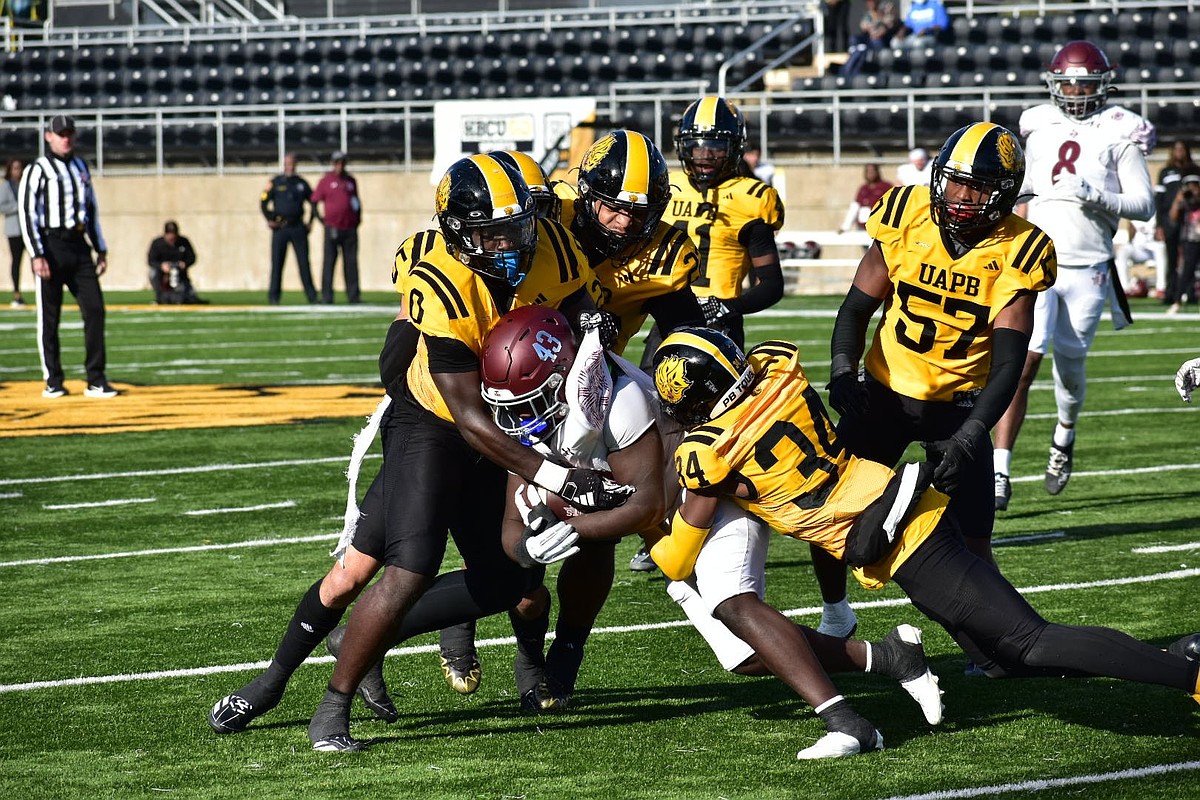The NCAA’s recent Academic Progress Rate (APR) report has brought to light the challenges faced by Historically Black Colleges and Universities (HBCUs) in maintaining a balance between athletic and academic responsibilities. Specifically, the University of Arkansas at Pine Bluff (UAPB) and Mississippi Valley State University (MVSU) have been deemed ineligible for postseason play due to low APR scores, with UAPB scoring 914 and MVSU 904, both below the NCAA’s threshold of 930. This has resulted in Level One penalties, including practice reductions and postseason bans.
In contrast, Florida A&M University (FAMU), despite having an APR of 911, avoided a postseason ban and faced only practice time reductions. Financial constraints are a significant factor for UAPB and MVSU, as limited resources can impede academic support for student-athletes, contributing to lower APR scores. These penalties not only affect team morale but also hinder recruiting efforts, as prospective athletes often prefer programs with postseason opportunities.
MVSU’s 2024 football season ended with a disappointing 1-11 record, reflecting broader challenges within the program. UAPB also faced on-field difficulties with a 3-9 record, further underscoring the need for improvements.
Historically, HBCUs have been disproportionately affected by APR-related penalties. For instance, in 2015, HBCUs accounted for 15 of the 21 teams facing postseason bans. According to multiple reports, this trend points to systemic issues, such as funding disparities and resource limitations, that impact the academic support available to student-athletes at these institutions.
To address these challenges, a focused effort to enhance academic resources and support systems within HBCU athletic programs is essential. Improving APR scores is crucial not only for compliance purposes but also for the long-term viability and competitiveness of these teams.

